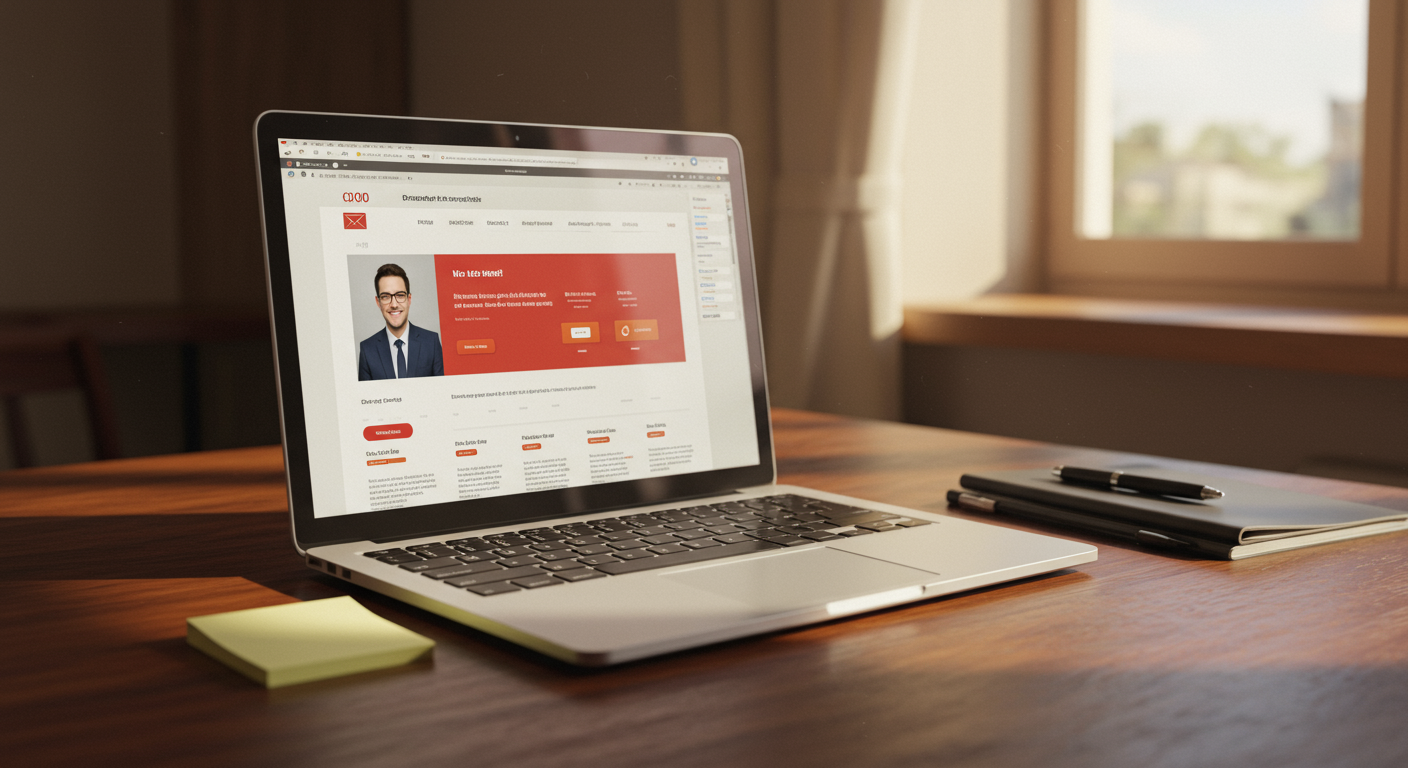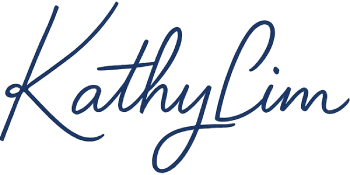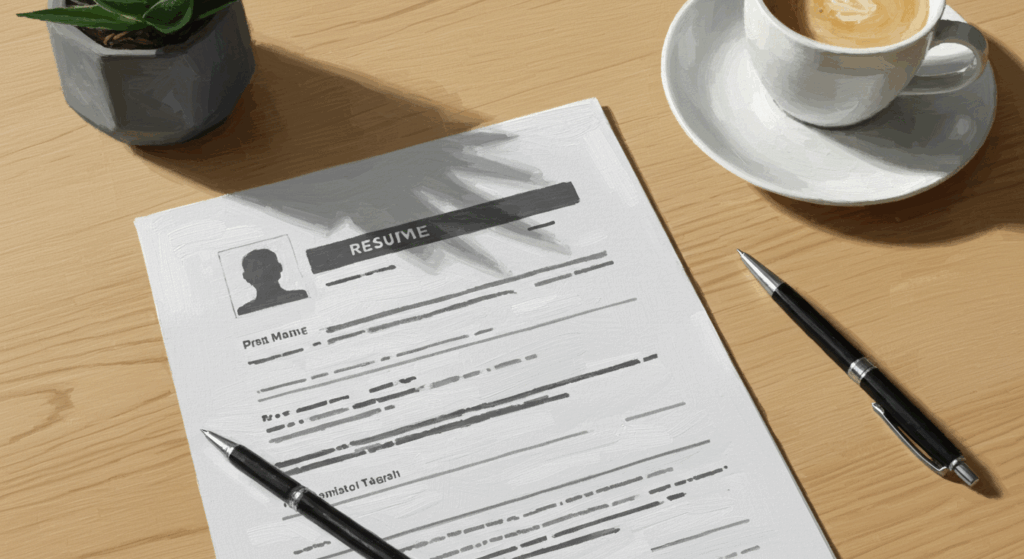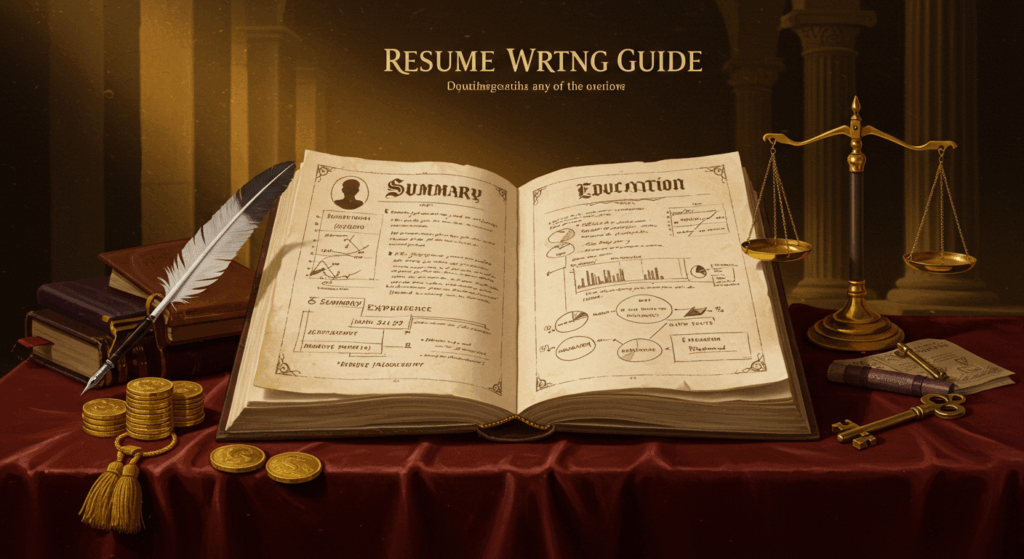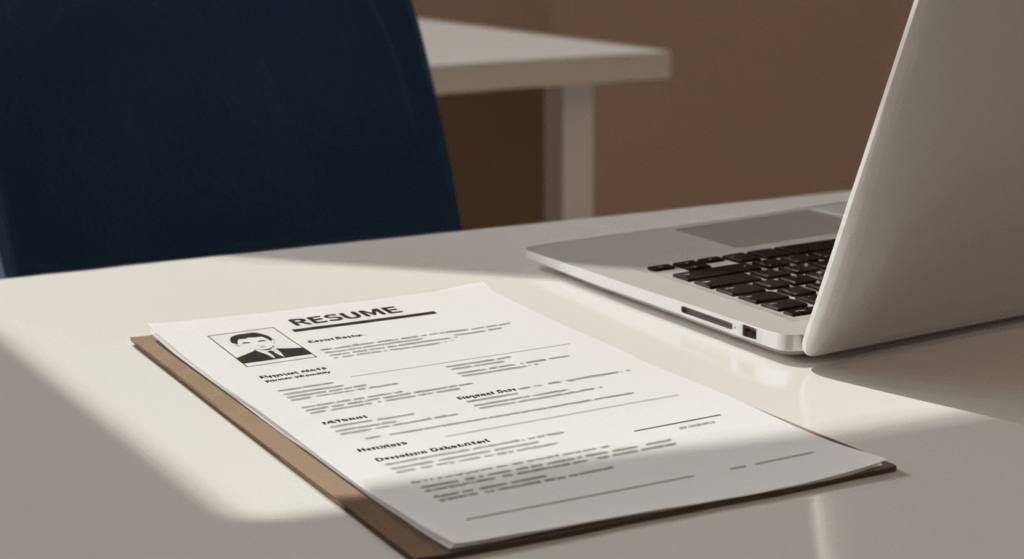Picture me kindly nudging you through the “digital you”—making it feel like a friend’s advice, not a lecture. Think of this like our late-night Zoom chat where we talk about being seen—in a good way—by hiring folks
1. Why bother? What’s the big deal about personal sites now?
So yeah, resumes are great. But now, everyone has one. You need that extra touch, something that says “Hey, I’m real. I care. I can actually do stuff.”
A personal website:
- Lets you show your work, ideas, personality—and not just lines on a resume.
- According to one survey, 86% of employers will check it if it’s there, and 71% say the site’s quality can sway their hiring decision. So please, make it count.
Another piece mentioned job seekers using websites to create a virtual first impression. A site can be your competitive edge—letting recruiters feel more connected with you, not a PDF.
In short? You’re not just a list of dates and roles—you’re a person. A site helps show that.
2. What makes a site work—the non-shiny brush strokes
Lots of us get lost chasing pretty designs—but true juicy value lies deeper than looks.
- Highlight your strongest work first—stuff that truly shows what you can do and is recent enough.
- Caption your work—a line or two to say why it mattered. Who was it for? What did it do?
- Keep it easy to use. No infinite clicks or broken images, please. Clean, simple navigation makes recruiters happier.
- Match your brand. Your site, resume, LinkedIn—let them all feel like parts of the same story.
3. But hey… does it actually make a difference?
Well, yes—but with a gentle “it depends.”
One exec from Dropbox advises: “Show your work. Publish your thinking.” Even with no fancy credential, building a site or projects can lead to crazy opportunities later.
Another coach reminded us that job markets are tough—and being findable, thoughtful, and intentional online? That’s how you stay competitive.
Yet on Reddit, some folks say recruiters hardly check the site at all—until something catches their eye. So, a site isn’t a golden ticket, but it’s a meaningful spark when it does matter.
Those comments? Reality checks; not everyone will click—but the few who do might like what they see.
4. What should you put on there? (Clue: it’s not your grocery list)
Think of this site as a gentle introduction:
- Intro or “pitch”
A quick, friendly hello—not your whole life story. A couple short paragraphs that say: who are you, what do you do, what are you proud of. - Show your work & value
Projects, metrics, results—show what you’ve done, not just what you can do. - Add personality
A “How I Got Here” bit, what you’re excited about (books, hobbies, not-too-deep personal notes). It humanizes you. - Blog, videos, testimonials (if relevant)
Maybe you wrote something thoughtful. Or did a mini 2-min video showing your thinking. Or ask someone to give a quick quote about working with you. - Contact info & social links
Make it easy for them to reach you or peek at your LinkedIn. Bonus points if your domain is your name.
5. Tools do matter—but they’re the secondary star
You don’t need to code it yourself—honestly. A few tools people lean into:
- Squarespace – sleek, templates, looks polished fast.
- Wix, Carrd, Zyro – drag-and-drop websites where you can build within minutes.
- Blog platforms or simple builders let you add posts, testimonials, whatever.
- AI pagebuilders (like some newer tools) help you start personal without having to sweat design.
The ground truth? Content matters more than aesthetics. If you’re not a designer, pick something simple that looks clean—but invest where it counts: your words, examples, personality.
6. A quick “do / don’t” refresher (because we’re forgetful, okay):
Do:
- Clarify what you want your site to say.
- Keep it focused and tidy.
- Mix your work + voice + a touch of you.
- Test it on mobile and desktop.
- Link it in your resume, emails, LinkedIn signature.
Don’t:
- Overdo your personal details or go too long.
- Rely solely on it—most recruiters still focus on resumes.
- Build it and forget it. Sites need occasional updates.
7. Final ramble, real-talk version
Building a personal website feels weird—kind of like putting yourself on display. But in today’s “search me before we talk” world, it’s just another way to show you exist, that you’ve put in some thought, that you care about how you show up.
Having a site isn’t a requirement—but it does signal care. It says, “I’m more than a bullet-list. Here’s a bit of me, in a place I control.” It’s not a performance—but it can be that whispered nudge that makes someone pause, click, read.

